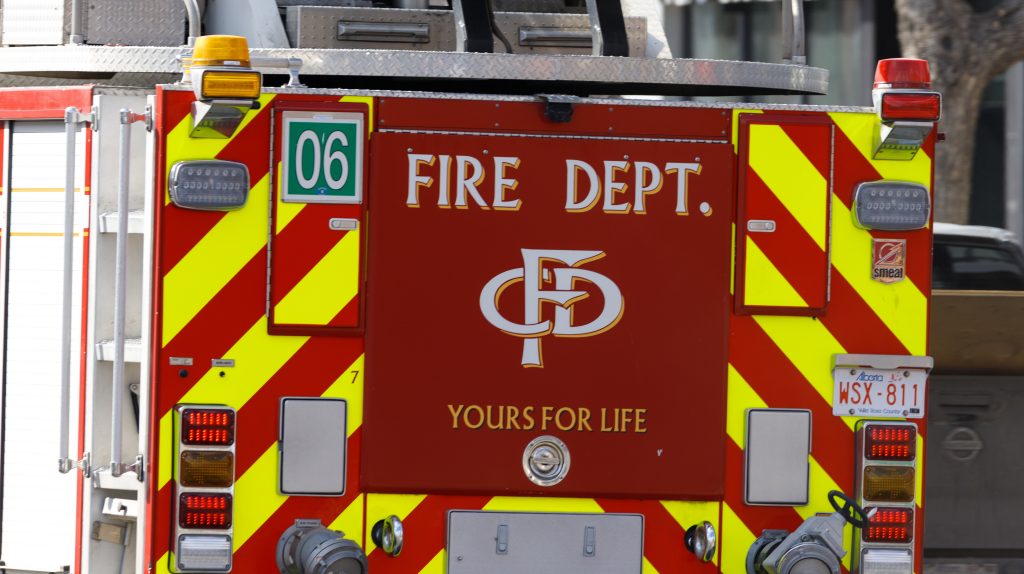Alberta opioid deaths dropped significantly in March

Posted Jun 3, 2022 1:00 pm.
Last Updated Jun 3, 2022 1:52 pm.
Alberta reported 120 opioid-related deaths in March, a 31 per cent drop from its peak in December, and the province’s lowest rate since April 2021.
Since the pandemic hit, record-high rates of opioid-related deaths were seen across the continent. Alberta recorded 175 opioid-related deaths in December 2021, which coincided with the peak of the COVID-19 Omicron wave and the public health restrictions that came with it.
“While every loss of life is tragic, we are cautiously optimistic after seeing fatalities decrease in Alberta in March,” Mike Ellis, Associate Minister of Mental Health and Addictions said. “We know that the COVID-19 pandemic and related restrictions caused addiction deaths to increase. We hope to see the fatality rates continue to decline as we recover from the pandemic and continue to implement strategies to address the addiction crisis.”
NEW:
Alberta reporting 120 opioid deaths in March, the lowest rate since April 2021 (105).
In Edmonton, it was 38, down from the peak of 70 in December.
In Calgary, there were 37 opioid deaths in March, down from a peak of 63 in February. #yeg #Yyc #ableg
— Courtney Theriault (@cspotweet) June 3, 2022
In Calgary, opioid-related deaths peaked in February at 63, and dropped to 37 in March, which amounts to a 41 per cent decrease. In Edmonton, deaths dropped 41 per cent, peaking in December at 70 and dropping to 38 in March.
“Pandemic restrictions caused a sharp increase in overdose deaths across Canada,” Chuck Doucette, president, Drug Prevention Network of Canada said. “I am encouraged to see the recent drop in Alberta. It is evidence that Alberta’s focus on recovery is saving lives. The rest of the country should be watching as Alberta continues to implement its fully funded system.”
The province adds it recorded the lowest amount of EMS responses to opioid calls since April 2021 in the week of May 23. That’s a drop of 62 per cent since a peak in the last week of November 2021.
READ MORE:
-
Alberta’s premier responds to BC’s move to decriminalize small possession of illicit drugs
-
Why is B.C. decriminalizing drugs? And will it help?
-
Canada not yet expanding drug decriminalization nationally: feds
“As an Albertan in recovery from addiction, I experienced difficulties navigating the addiction care system. I now see first-hand the positive impact of changes being made by the province,” said Rick Armstrong, executive director, Our Collective Journey. “Making treatment free and increasing treatment spaces means more Albertans are getting the care they need. I’m not surprised to see the recent drop in overdose deaths as a result.”
Alberta also saw more people prescribed opioid agonist therapy (OAT) medication in the first three months of 2021. Suboxone, what the province calls “the gold standard” in OAT medication, was accessed by 7,800 people. 680 Albertans also used Sublocade, the 30-day injectable version of Suboxone. The province says this is a 260 per cent increase since third quarter 2021 when Alberta announced additional funding for the drug.
Alberta Health Services Opioid Dependency clinics are also seeing record numbers of people monthly, with more than 3,700 clients in March.








